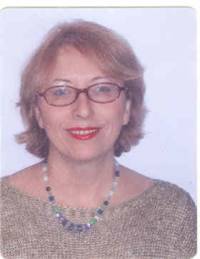
Leading Hadassah oncologist, Prof. Tamar Peretz, Interim Director General of the Hadassah Medical Center and Director of Hadassah’s Sharett Institute of Oncology, rejects the recent recommendations published in the Proceedings of the National Academy of Sciences that urge all Jewish women of Ashkenazi descent to be tested for mutations on the BRCA 1 and 2 genes, which are associated with a higher risk of breast cancer. She explains:
“Jewish women without a family history of breast and ovarian cancer should not feel pressured to undergo the BRCA test for breast and ovarian cancer. The implications of the BRCA test are complex. Many women will get results without being able to discuss them with a qualified clinician. I fear that without using discretion in administering this test, and without coupling it with genetic counseling by an experienced health professional, the search for BRCA gene mutations can harm more lives than it saves.
“As for the recommendation by certain scientists that Jewish Ashkenazi women be tested by age 30, we know that many Jewish women aren’t married by age 30, and if they are, few have completed their childbearing years. Prophylactic removal of a woman’s ovaries and breasts can have a devastating impact on her life. We have not yet determined that the psychological burden of knowing outweighs the risk of discovering this gene later.
“Jewish women without family histories should make use of other examination modalities, in addition to avoiding obesity and heavy drinking, two factors linked with breast cancer.
Hadassah Medical Organization was the first to conduct the BRCA tests on Jewish women, along with the National Institutes of Health (NIH), in 1995, confirming that postulated prevalence of the gene mutation in the Ashkenazi community, which includes approximately three million women living in the United States. In all, one in 40 Jewish women and men carry a mutation on one of the BRCA genes, as compared to one in 345 men and women in the general population.”
